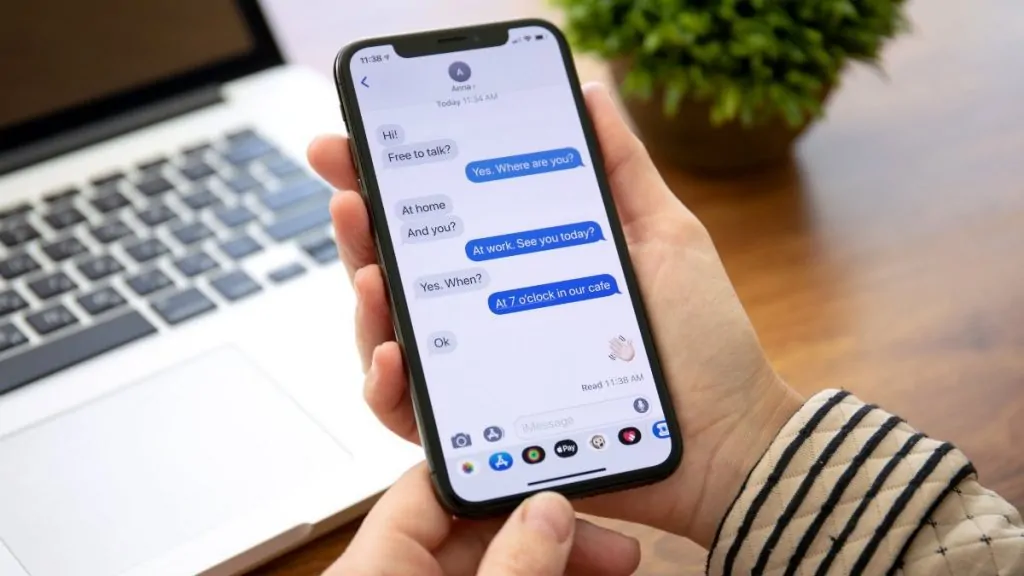A U.S. court has ruled it acceptable for employees to use social media messaging platforms to send workplace requests to employers.
A unanimous ruling at a Virginia Court found that a worker who used Facebook Messenger to seek emergency medical leave from their employer was well within their rights to do.
This is despite it contravening company policy.
The matter was escalated to court when the employer refused to accept this form of communication, and later fired to employee for job abandonment.
On appeal, the court found that the employee had used Facebook Messenger in the past to communicate with their employer about workplace matters.
This established a mode of communication as both acceptable and relevant on this platform.
The original policy denying the use of Facebook Messenger as an official form of communication was overturned.
The outcome of this case has set an interesting precedent in terms of internal communication policies and procedures within workplaces.
Some workplaces already use Facebook’s Workplace platform as an official internal collaborative space, where it is acceptable for employees and employers to communicate.
However, other organisations have what could be described as official and unofficial communication channels.
Official and unofficial channels
Organisational policies, procedures and processes may clearly state what the official channels are (e.g. email) when employees are communicating with employers.
This can be in relation to confidential matters and issues relating to their employment, such as applying for sick leave.
However, they can fail to capture the everyday ‘unofficial’ communication taking place on social media channels between employers and employees.
The outcome of this ruling sends a clear message to employers about responding to employees via ‘unofficial’ social media channels like Facebook Messenger and WhatsApp.
This recent decision has proven that social media can be considered as official in the eyes of the law. It’s most likely going to become a more common channel as the world of social media continues to grow.
Internal policies must be reflective of the communication channels being used within organisations or employers must adhere to their own policies to ensure they are also upheld by the entire workplace.
Report by Dr. Karen Sutherland, University of the Sunshine Coast and Dharana Digital



 News3 days ago
News3 days ago


 News5 days ago
News5 days ago


 Leaders3 days ago
Leaders3 days ago


 Shows3 days ago
Shows3 days ago


 News3 days ago
News3 days ago


 Docos5 days ago
Docos5 days ago


 Leaders4 days ago
Leaders4 days ago


 Leaders4 days ago
Leaders4 days ago





